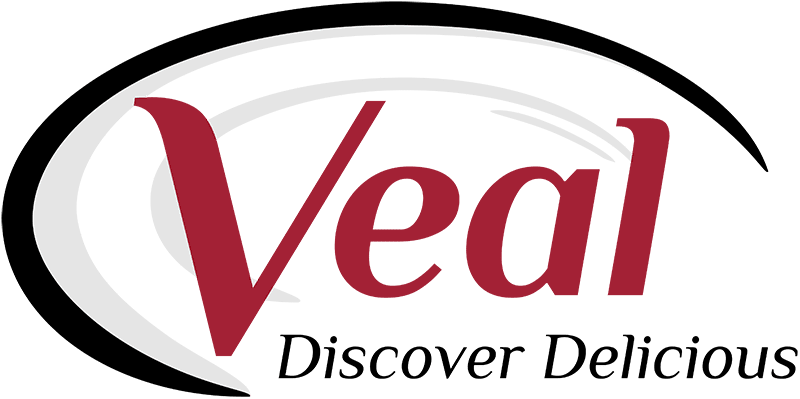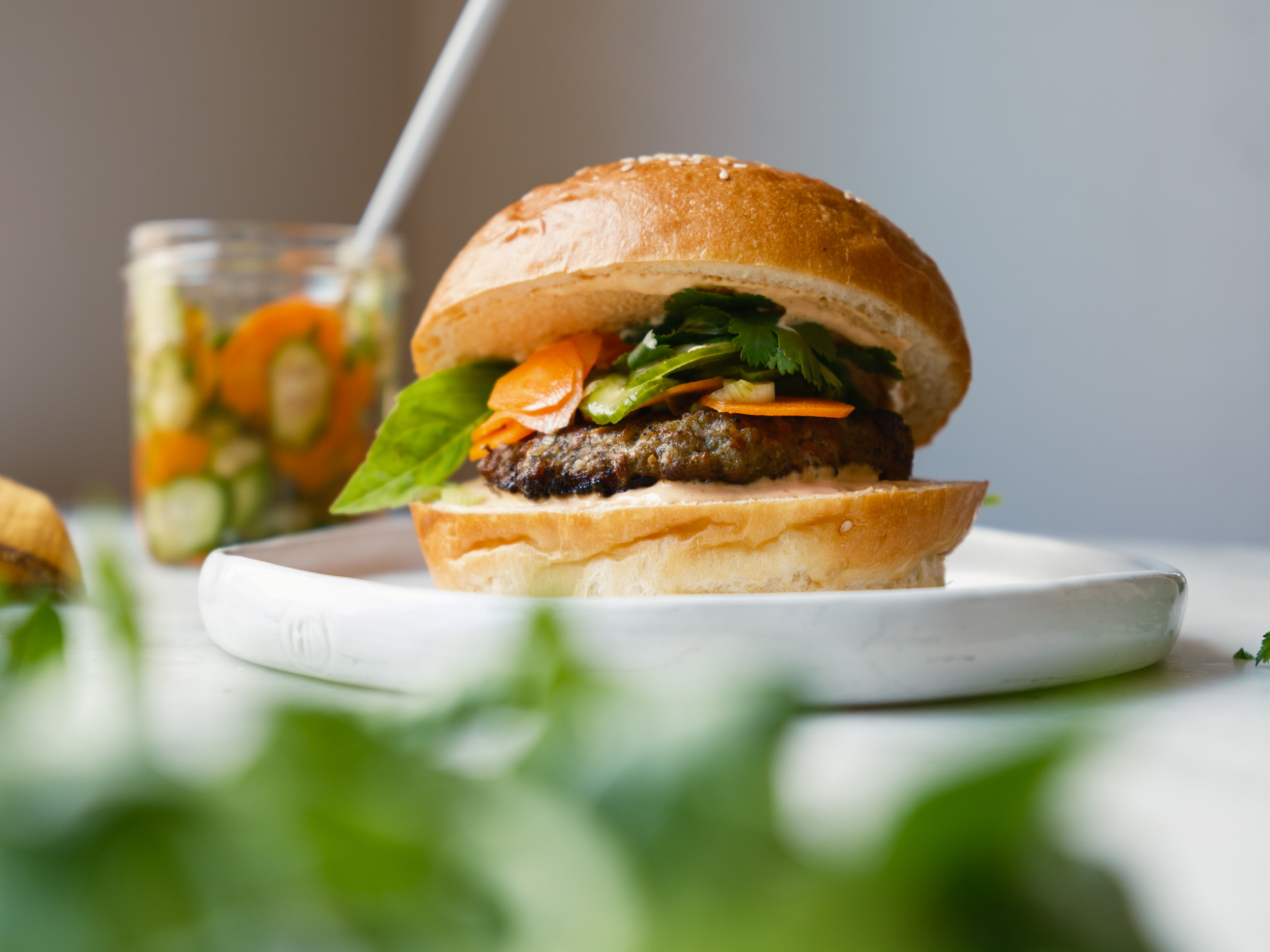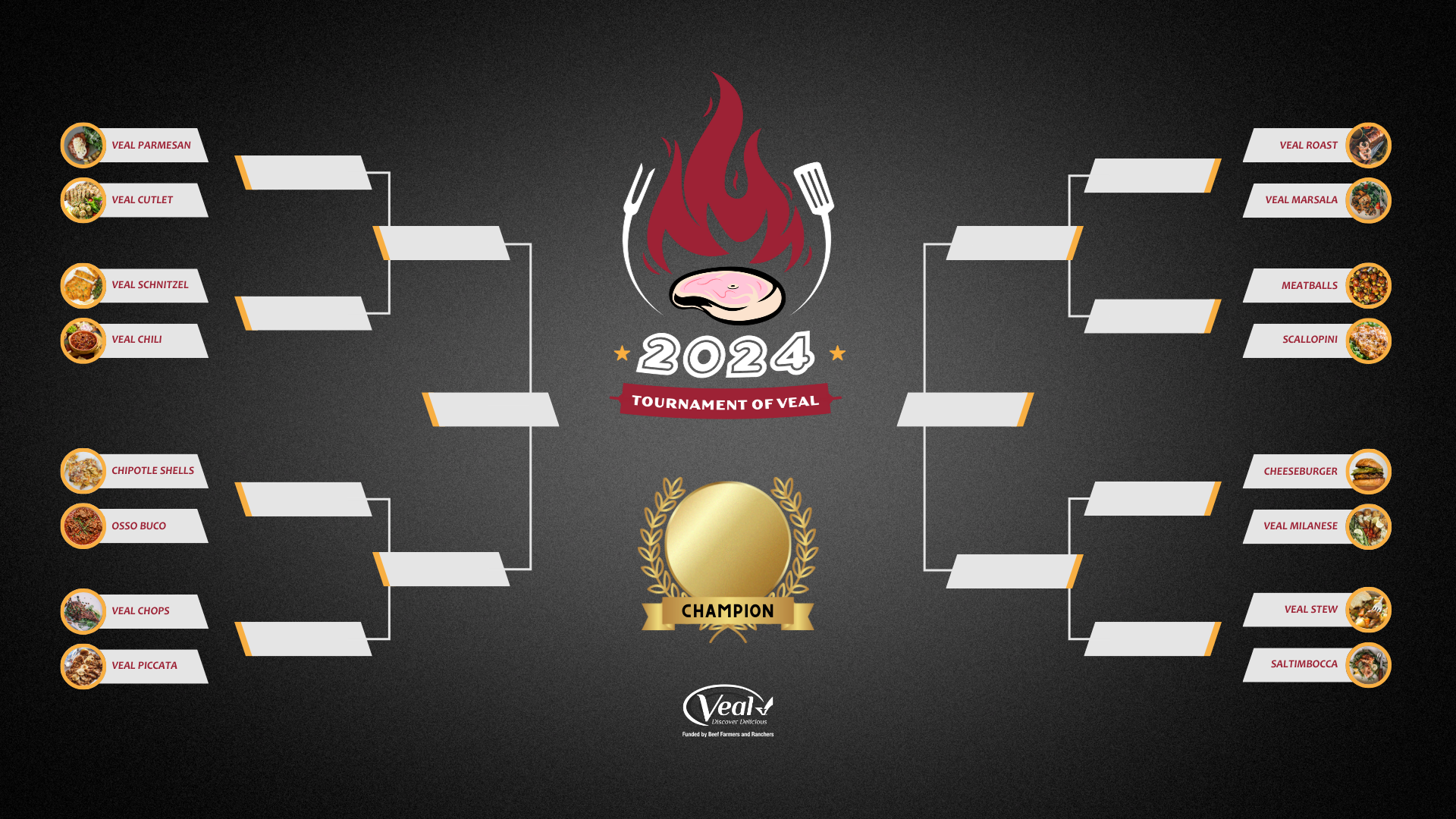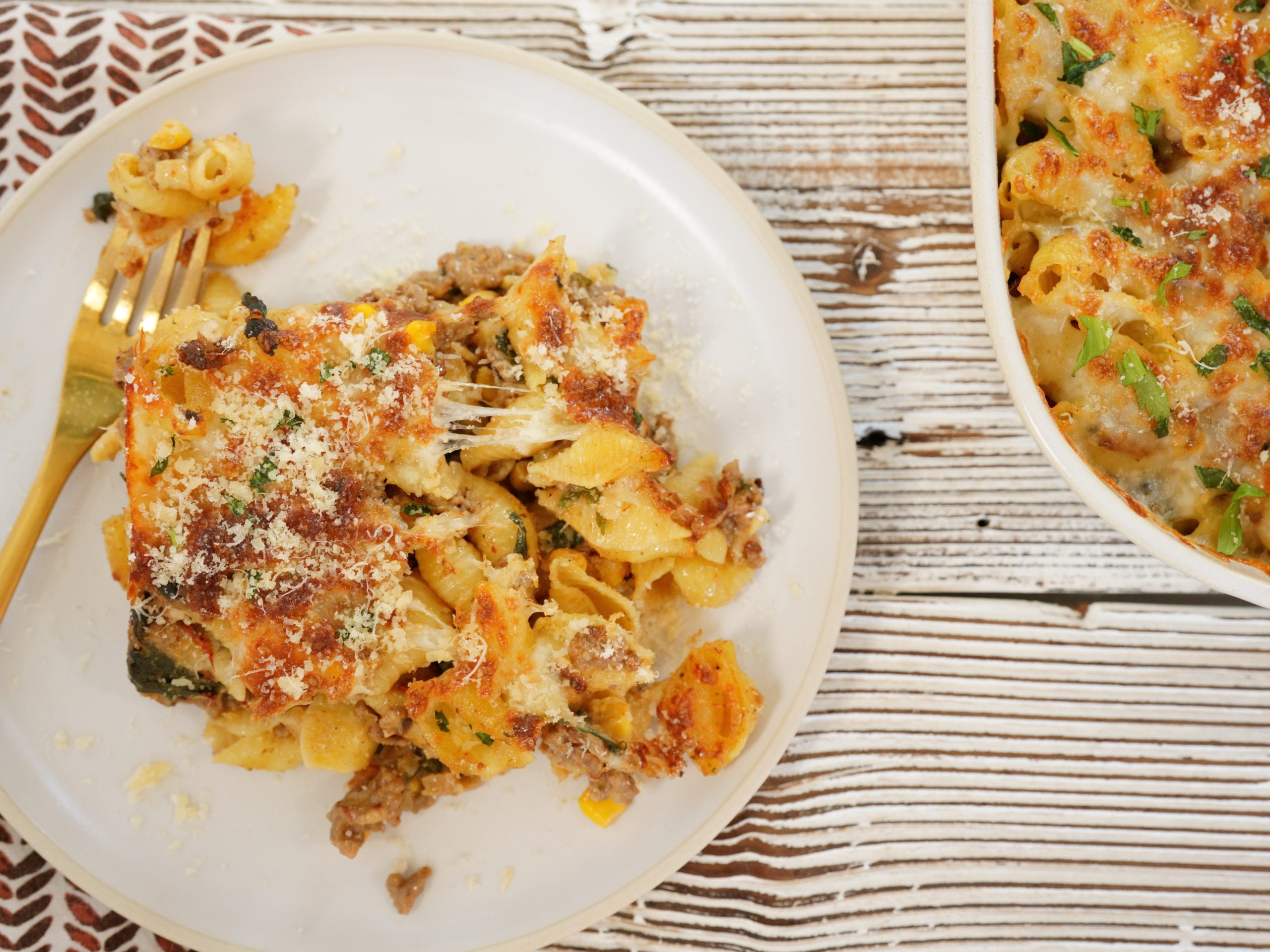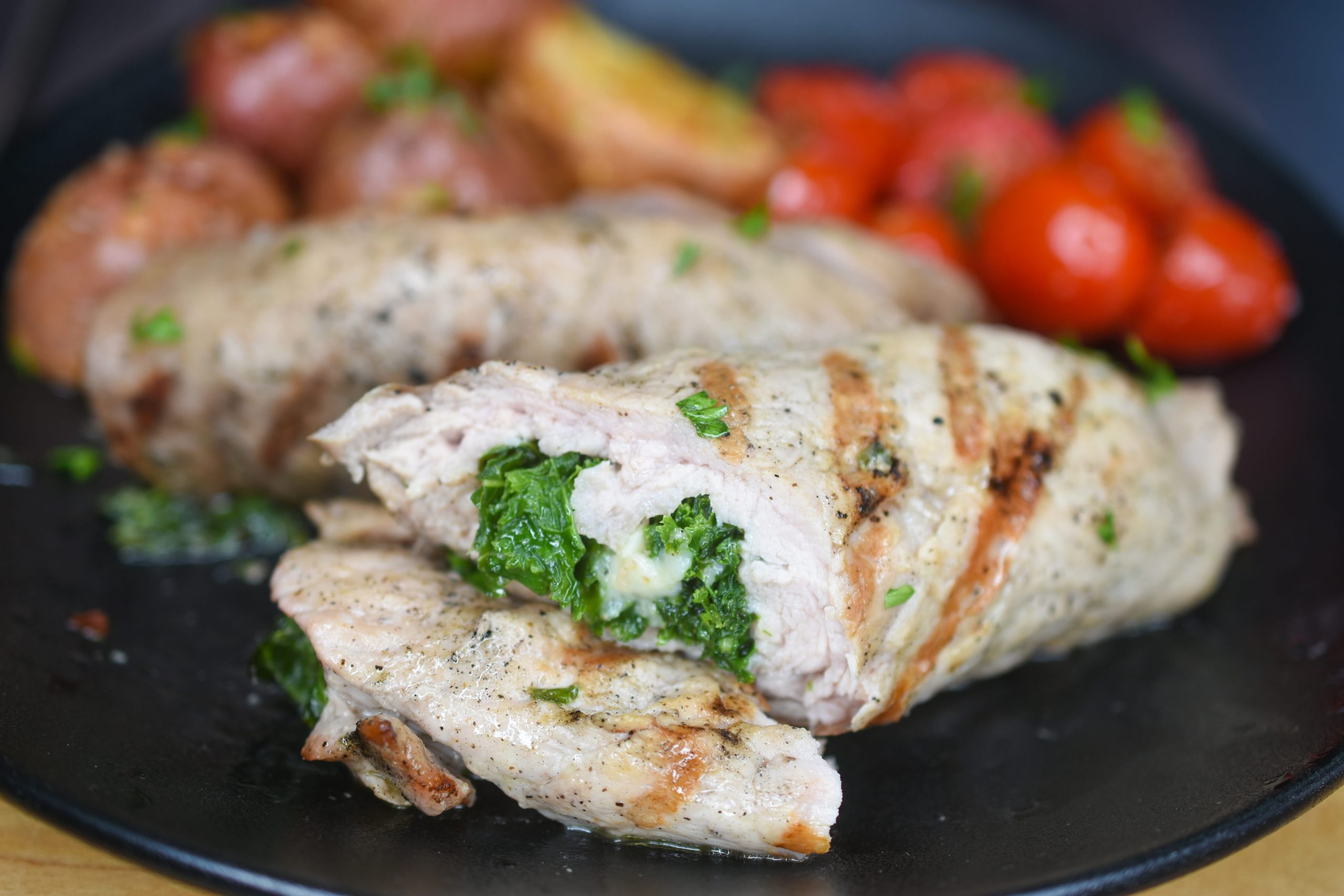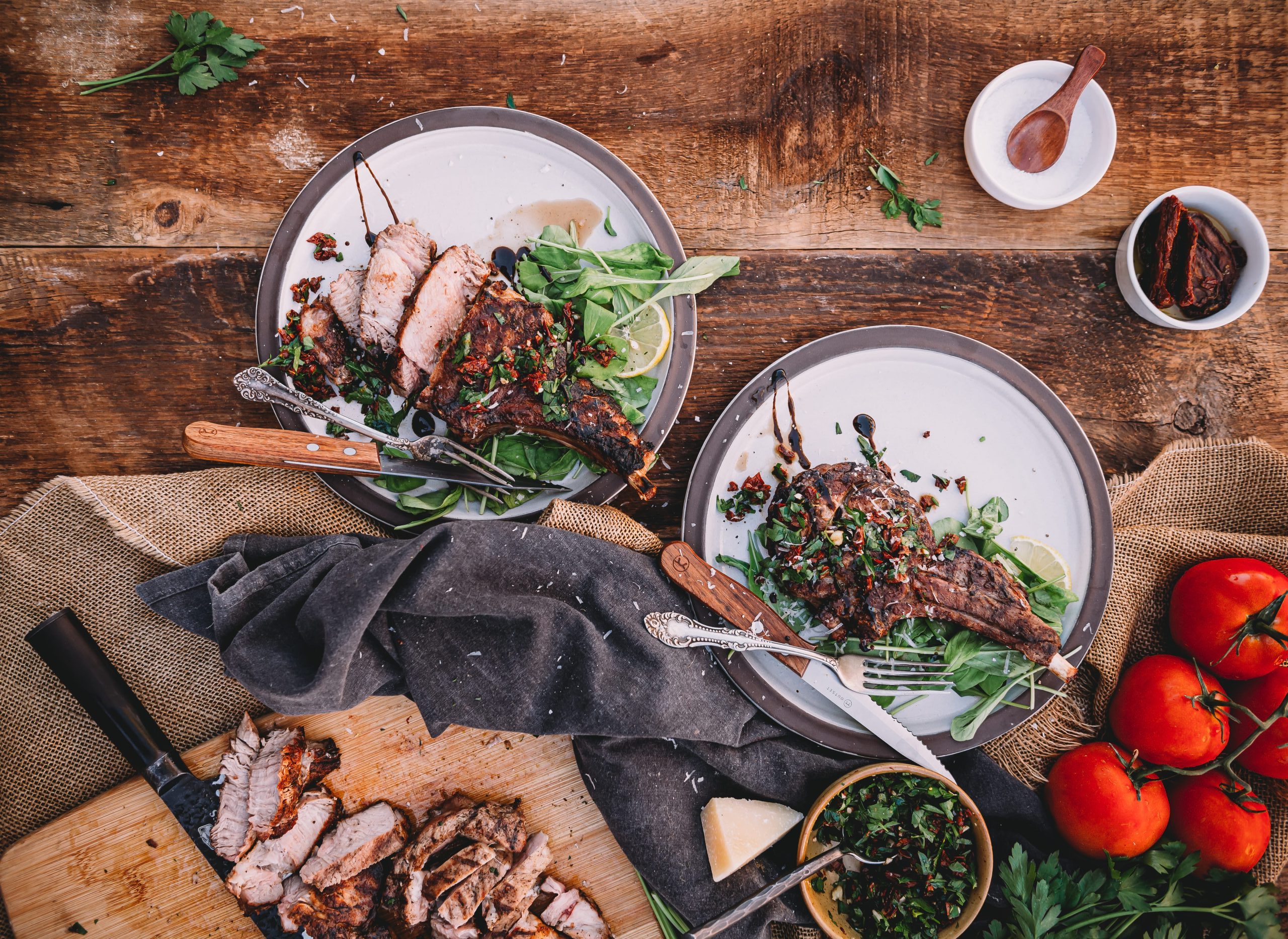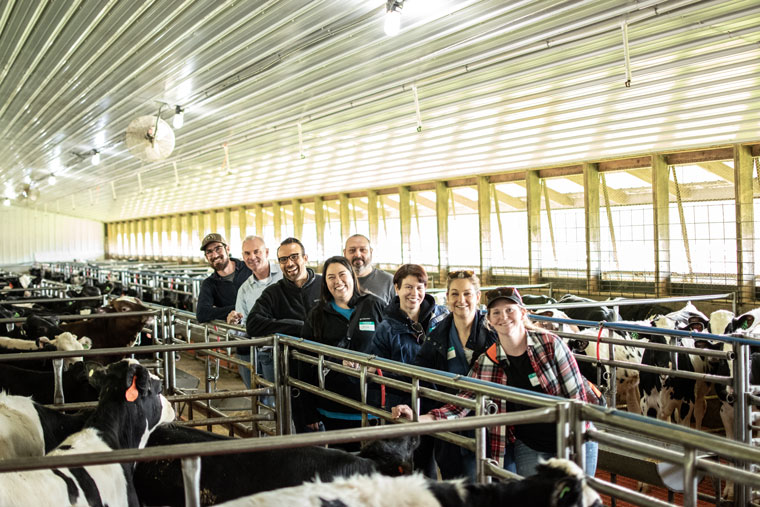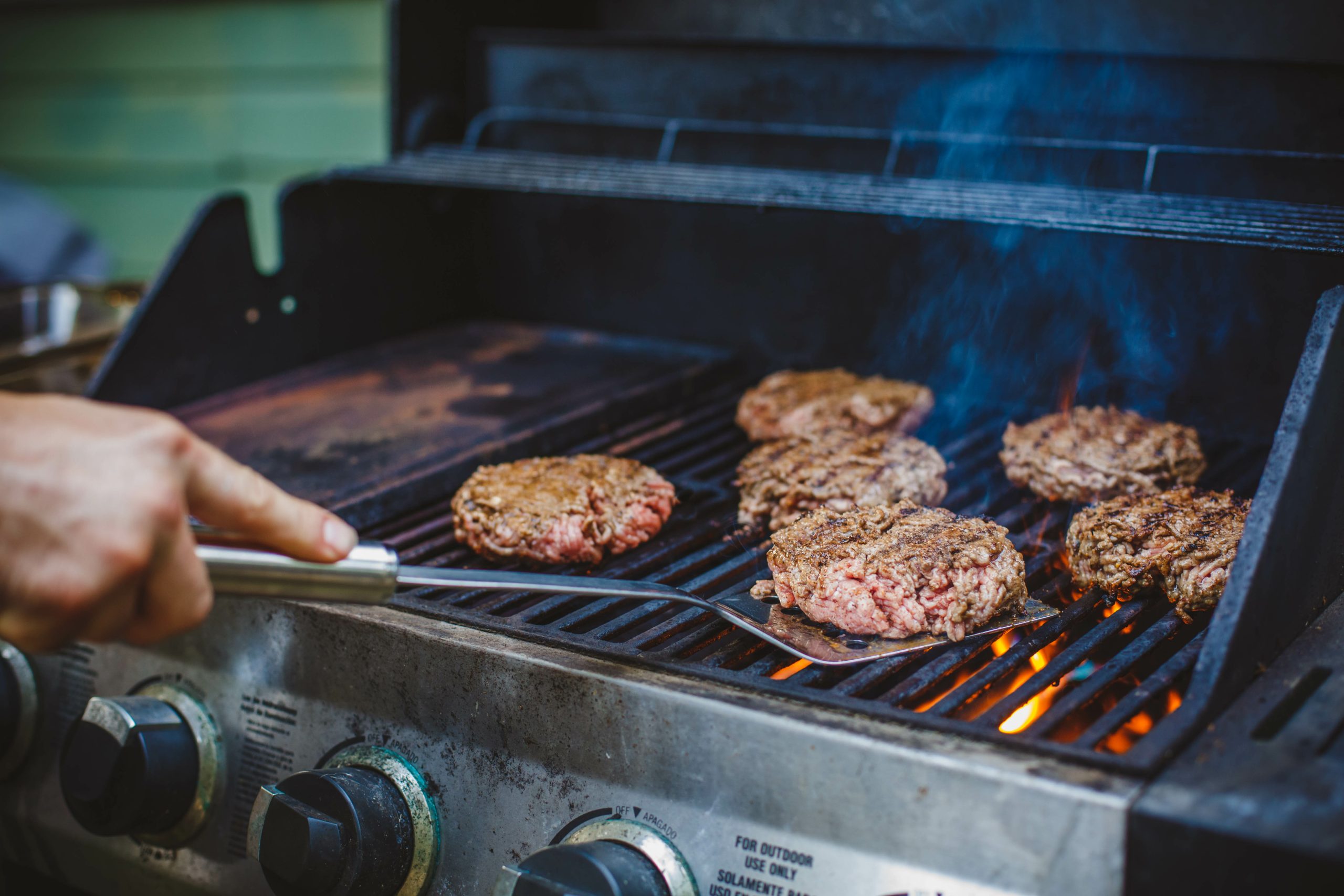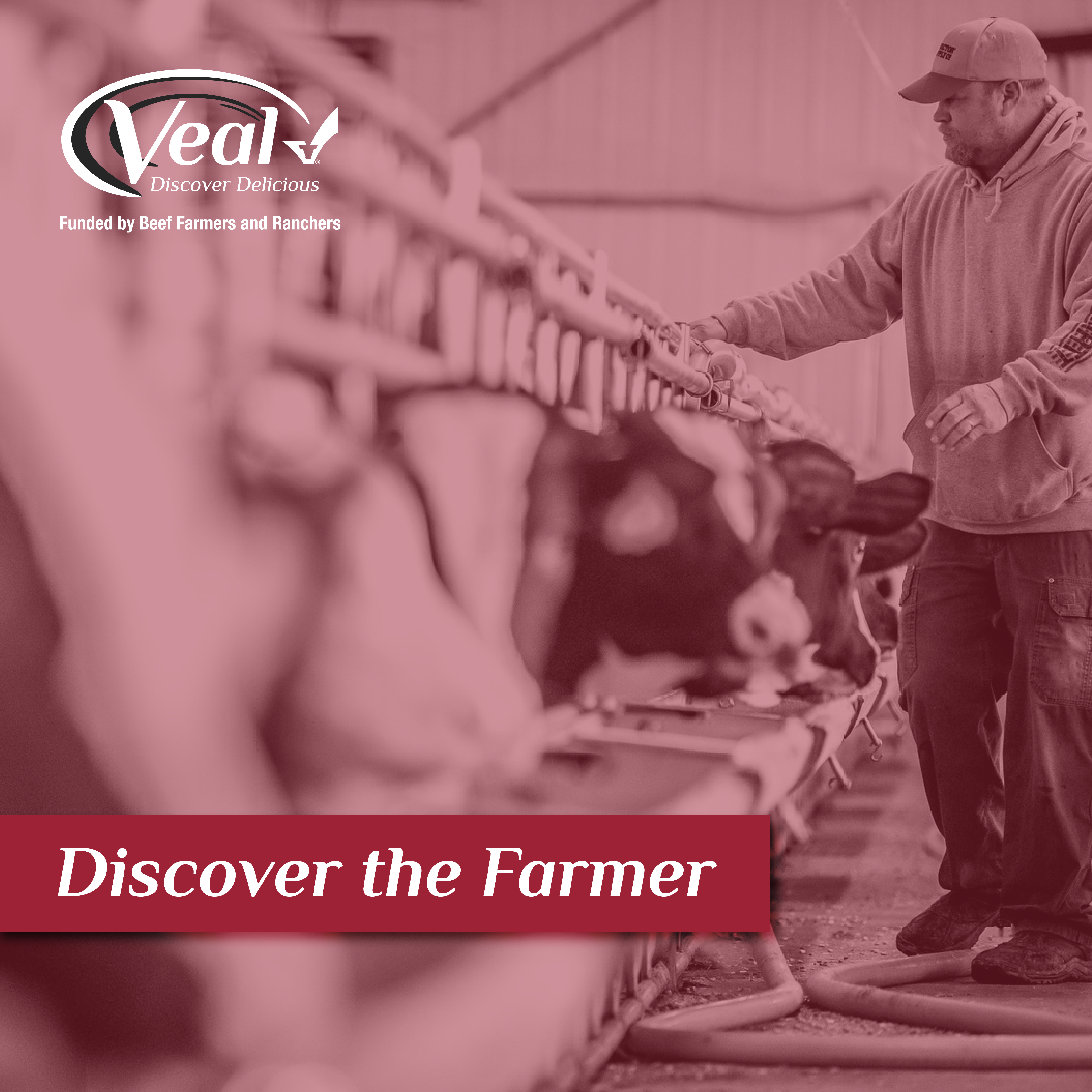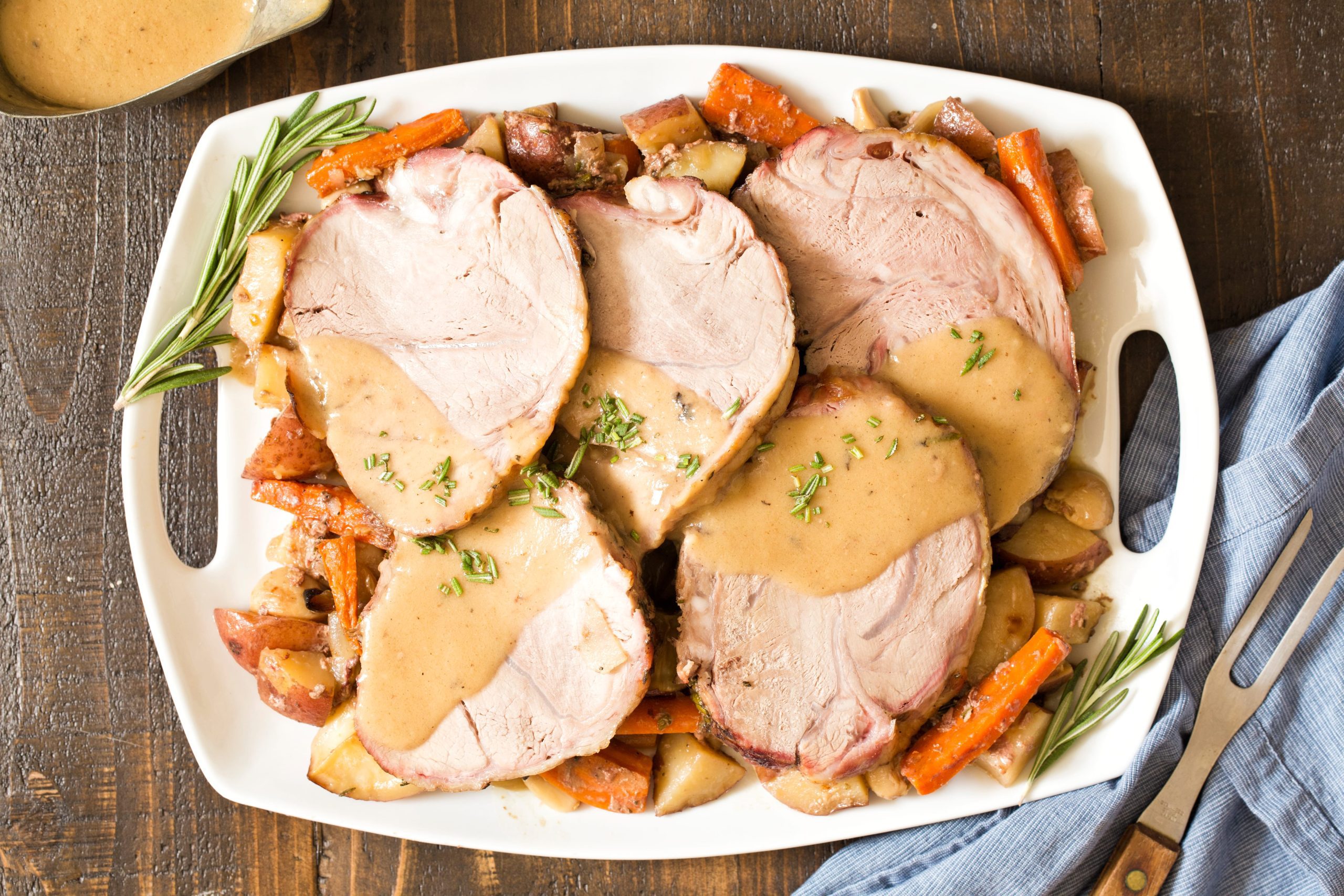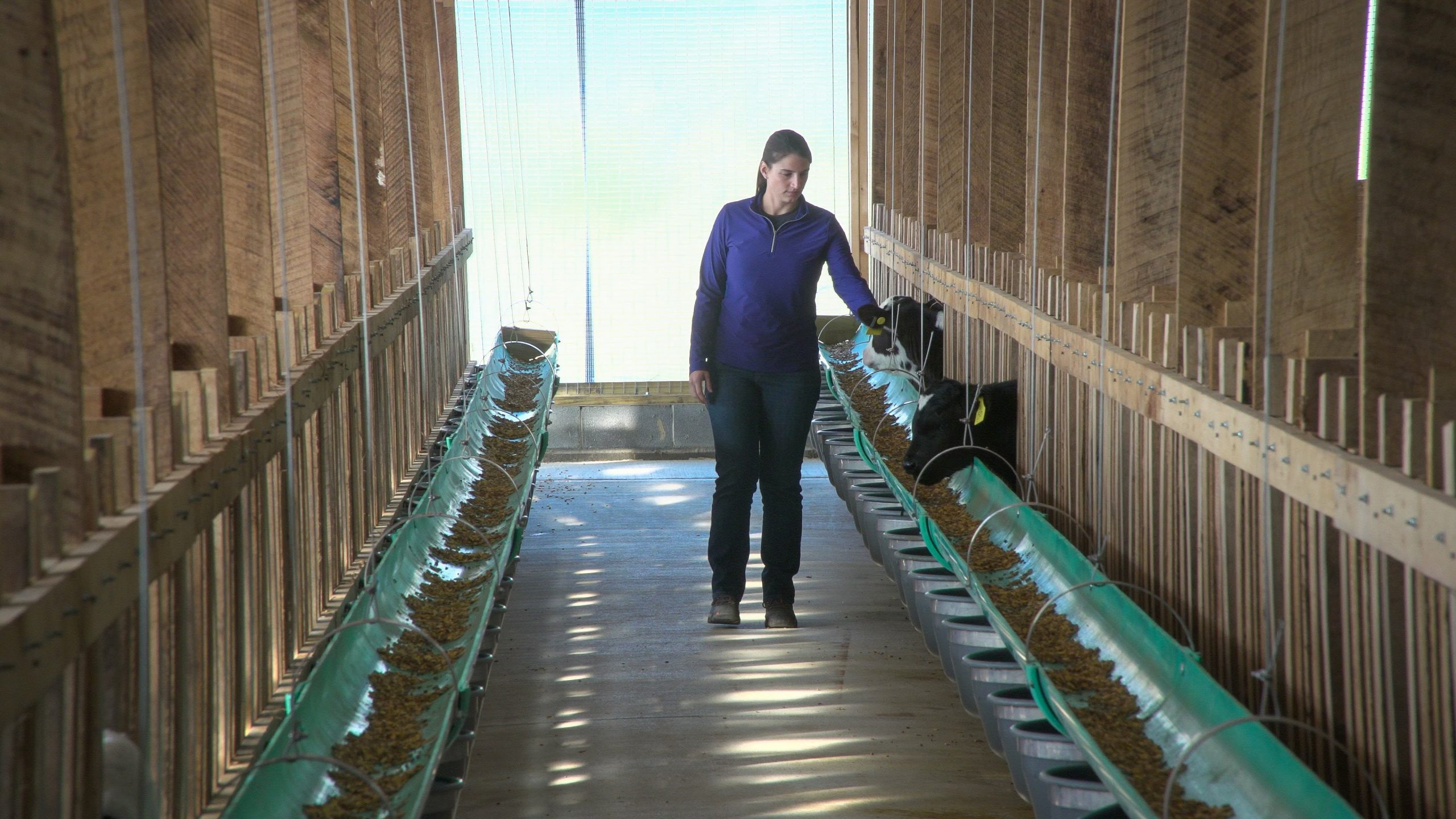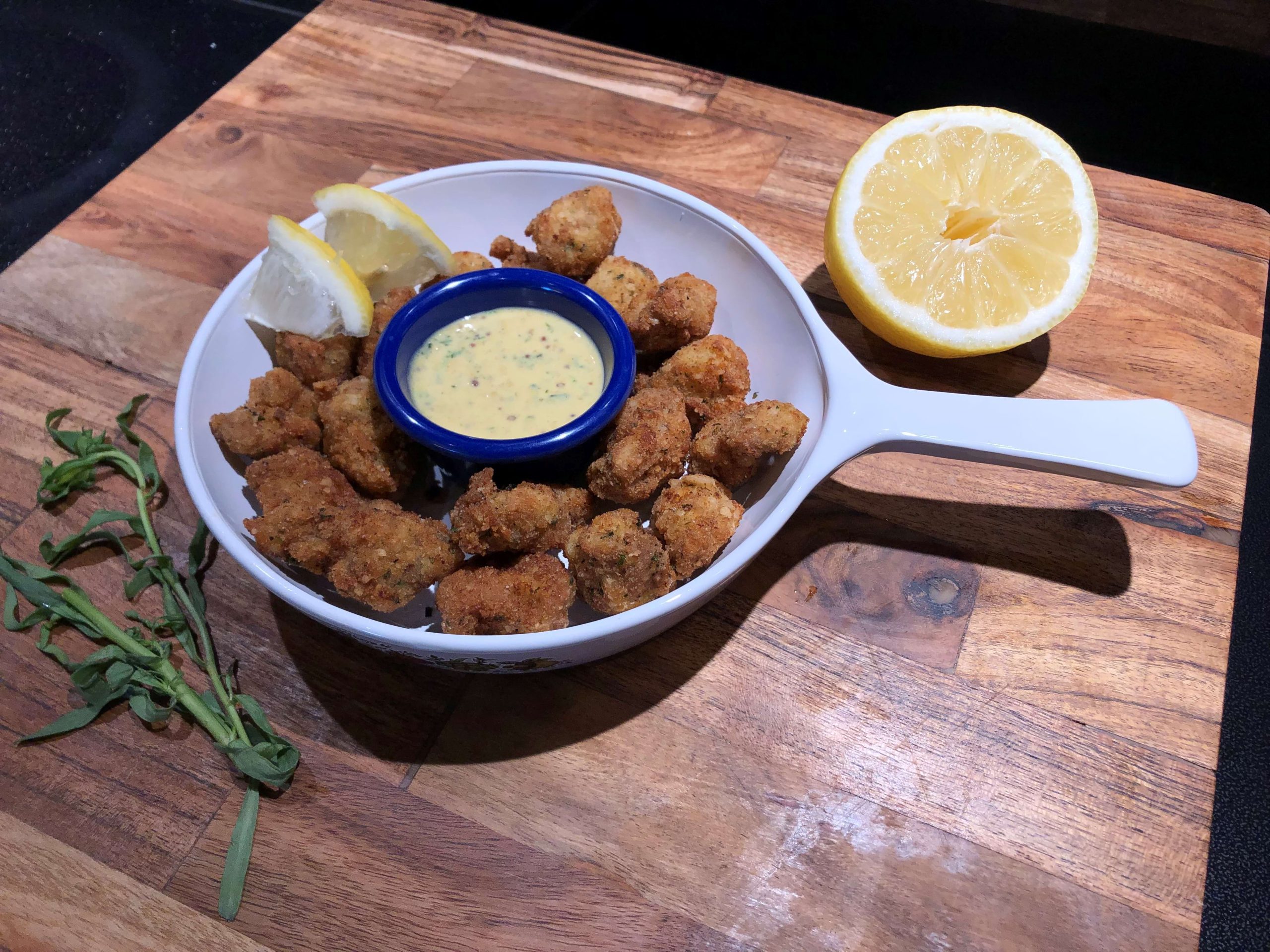Veal calves are growing animals. Farmers, with the help of an animal nutritionist, make sure their calves receive proper nutrition and water through every stage of life. Dr. Sonia Arnold is an animal nutritionist who works exclusively with farmers who raise formula-fed veal calves.
Formula-fed, special fed and milk-fed are all phrases that essentially mean the same thing. Young calves receive a milk replacer rich in protein and other nutrients. So, what’s on the menu for veal calves? Dr. Sonia Arnold walks us through the day of what calves eat and drink.
“The daily menu for a veal calf would start about 5 a.m. when they'll get their first feeding of milk replacer,” she said.
After breakfast, the farmer puts out water for the calves to drink.
“As much water as they would like to have, it's available for them anytime when they feel thirsty throughout the day,” Dr. Arnold said.
The calves also get grain to eat.
“They'll have free access to their grain mix. Anytime they feel that they need a little bit of a snack, it’s there for them,” she said. “There's no forced feeding that goes on in veal, but it is available in case that they feel hungry throughout the day.”
“About noontime, they'll get a feeding of electrolytes. Especially the young calves, that helps keep them stay hydrated. You can think of electrolytes as being like a sports drink. It provides a little bit of extra energy boost,” Dr. Arnold said.
It’s time for the next meal about 5 p.m.
“The farmer will give them their afternoon feeding of milk replacer and again give them water to have it free choice available throughout the evening,” she said. “If the calves feel thirsty or hungry at any time, they'll have access to their grain mix and to their water.”
Veal farmers use quality feed that meets the nutritional requirements of veal calves. This fed contains the nutrition necessary to maintain health, growth and energy. Feed is managed for proper protein, iron and fat levels for the age and size of the calf.
“Depending how fast the calves are growing, that tells us how much of each nutrient they're going to need. Based on research from various universities, we have a pretty good idea of how much protein, what types of protein, and the amino acid composition that we're going to need in order for the calves to really function well,” Dr. Arnold said.
The calves grow very quickly and rapidly convert the feed they eat into muscle.
“Veal calves are very efficient at feed conversion. The average is about 1.8 to 2 pounds of feed per pound of weight gain. For reference, chickens are about 1.6 to 1, pigs are 3 to 1, beef is about 6 to 1,” Dr. Arnold said.
Veal calves receive balanced meals. They are never force fed or deprived of water or food. The calves have access to feed and water throughout the day which enables them to be healthy and thrive. That essentially is what all veal farmers desire. Thanks to the care and expertise of nutritionists like Dr. Arnold veal calves can do just that – eat, grow and thrive.
Watch this video to learn more.
